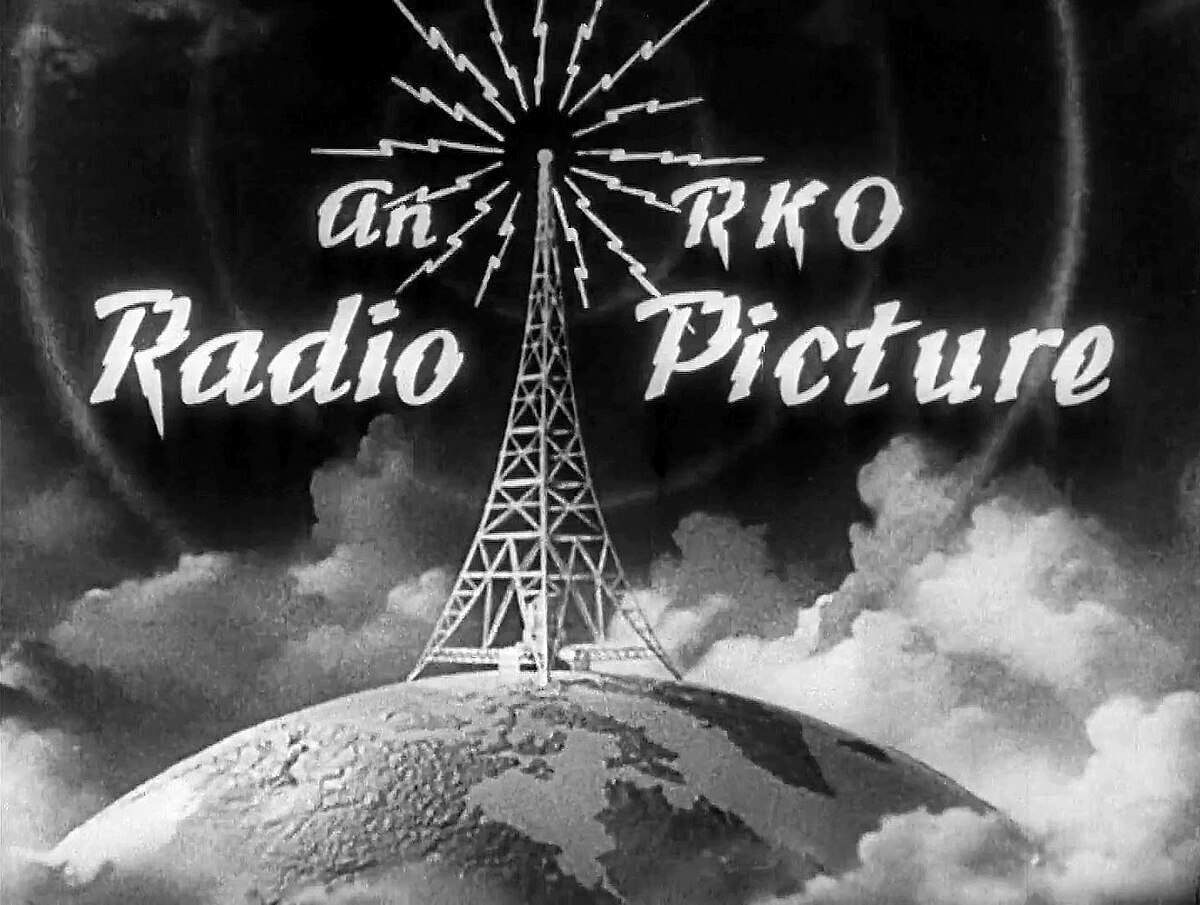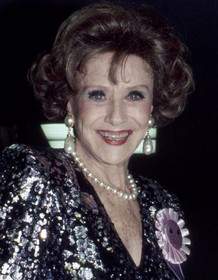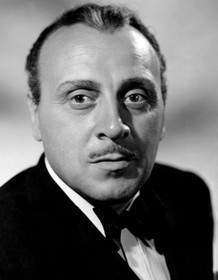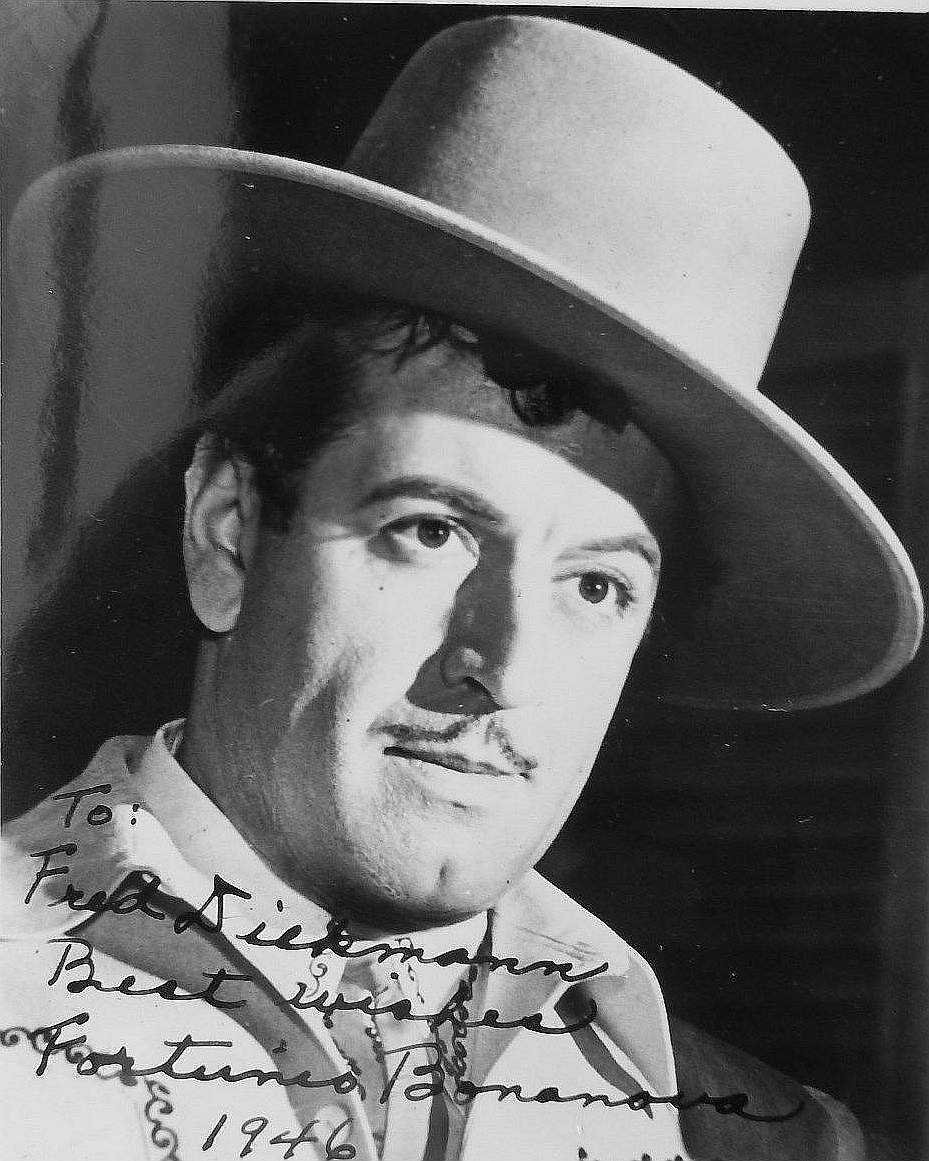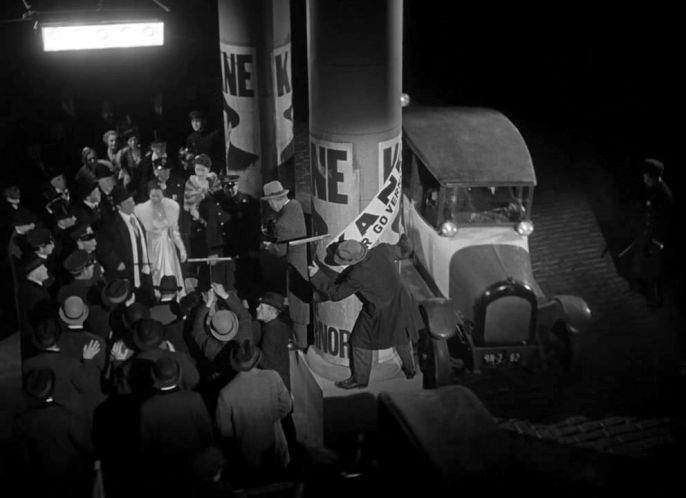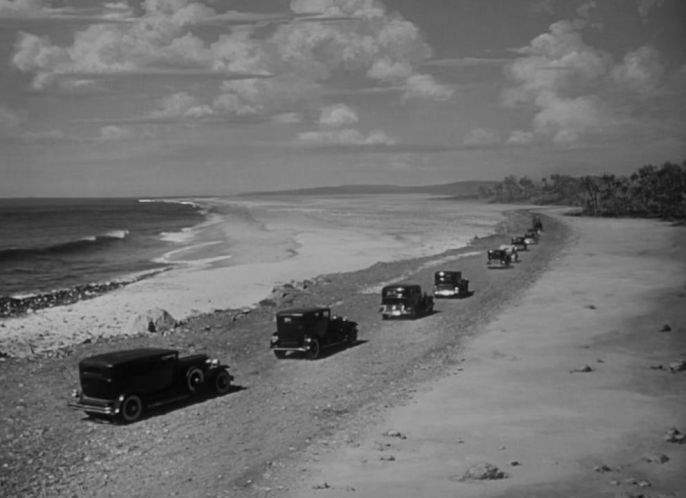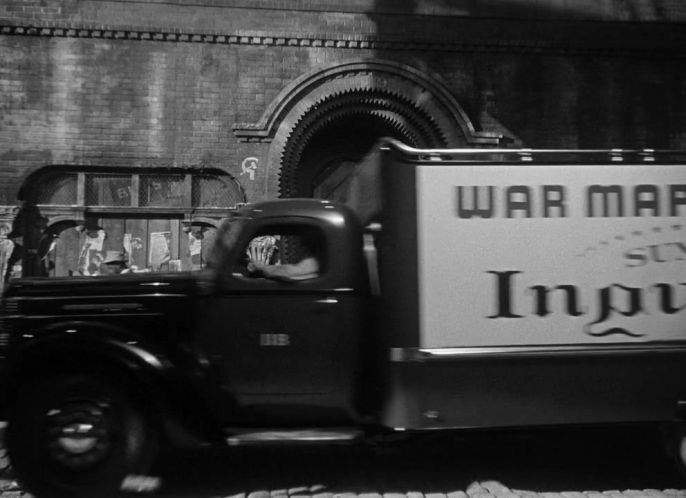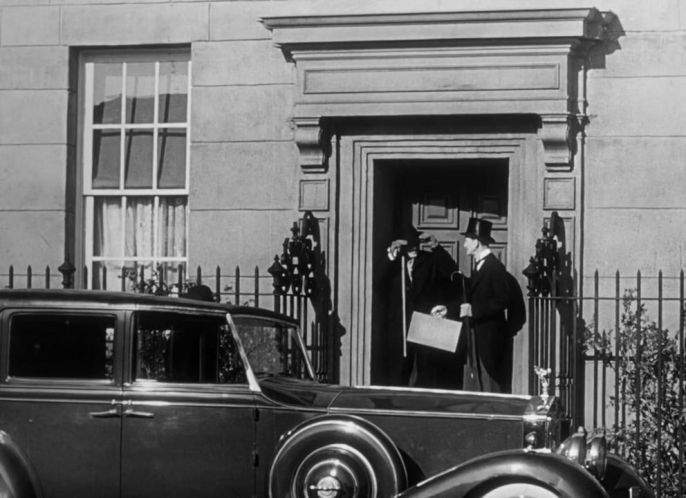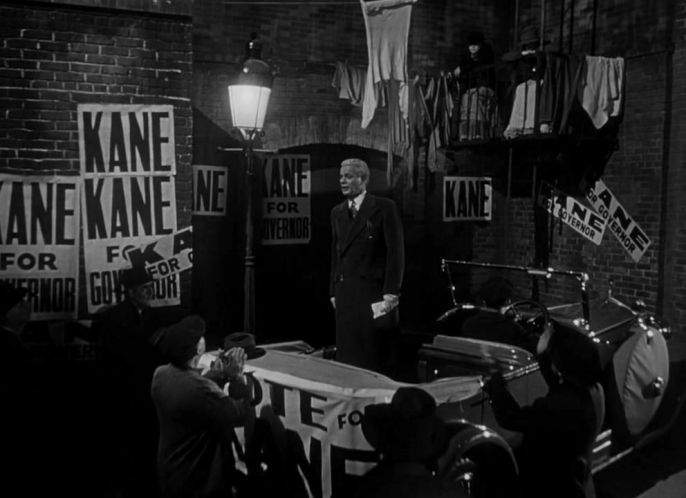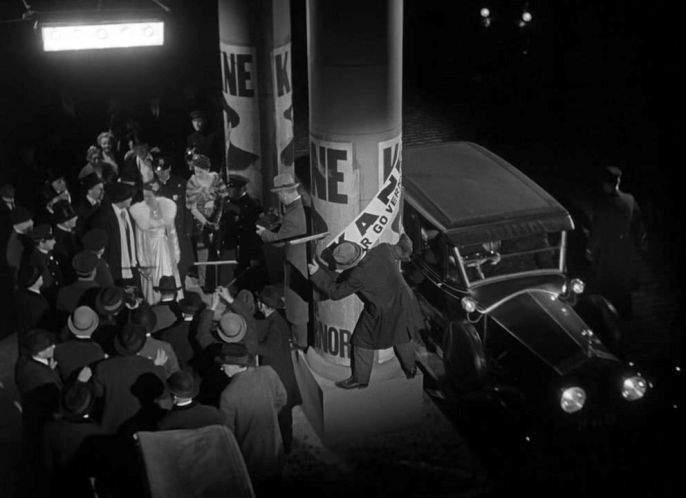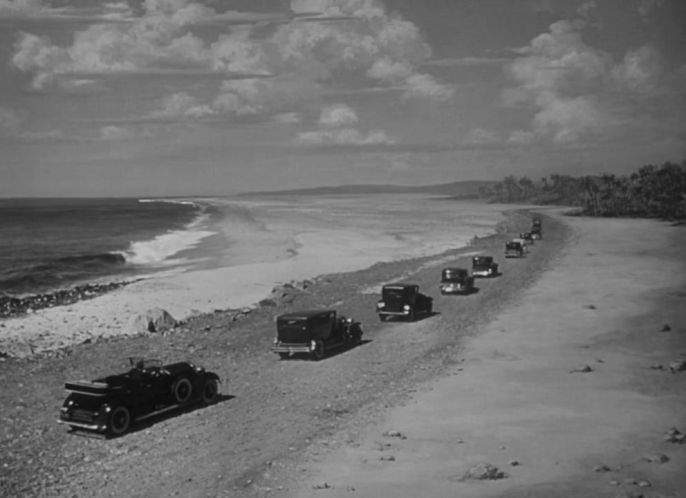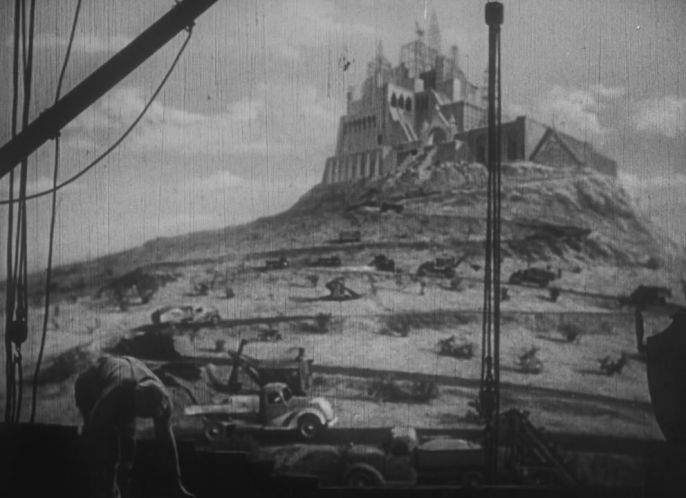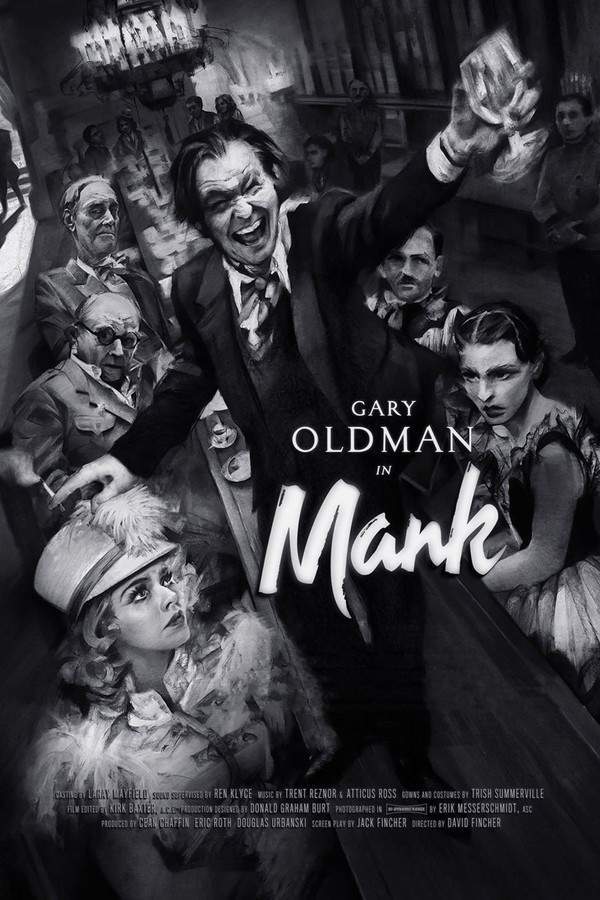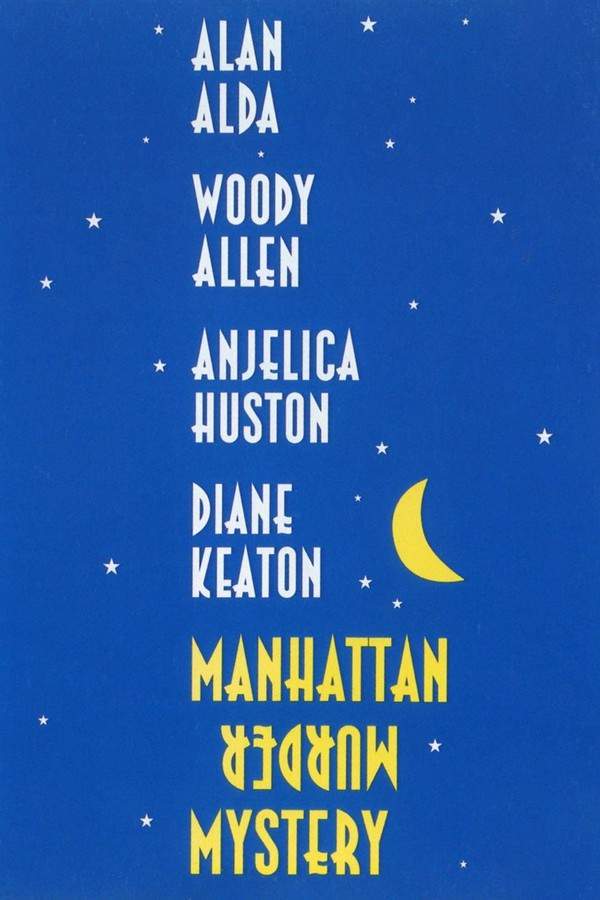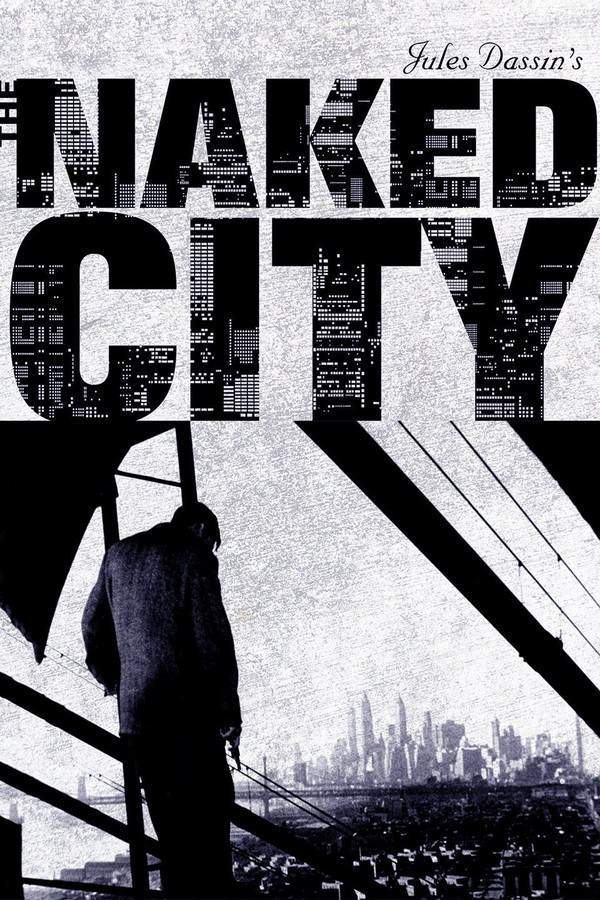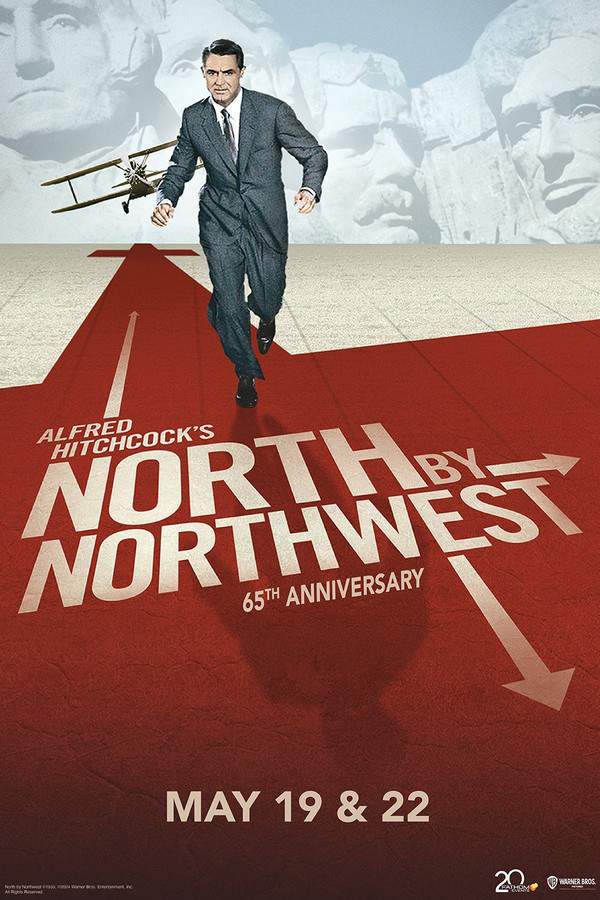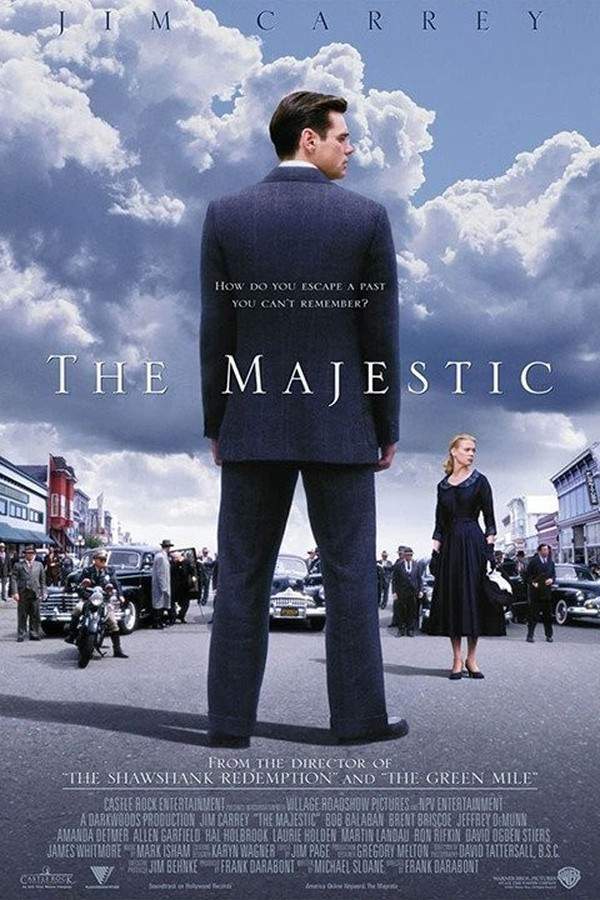Citizen Kane 1941
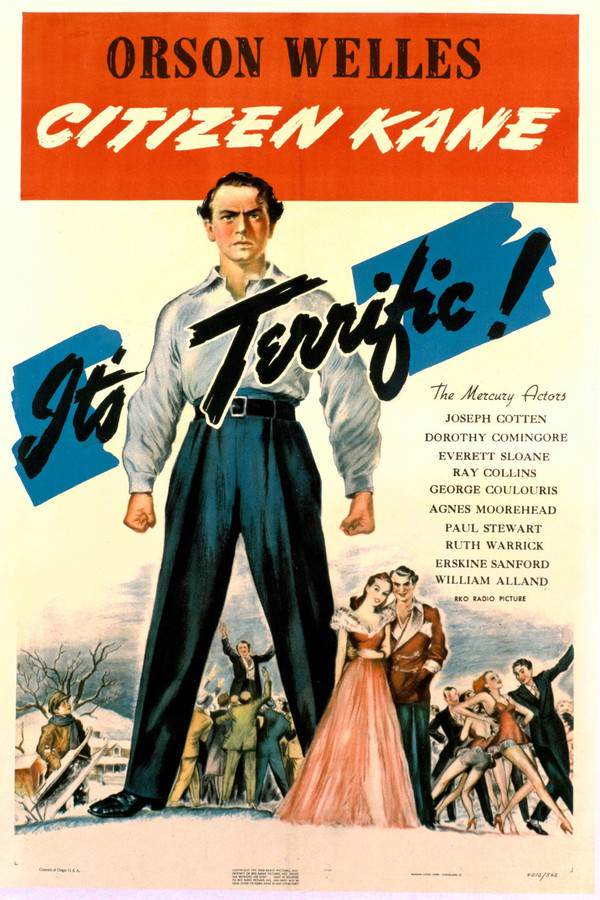
Following the death of publishing tycoon Charles Foster Kane, a reporter is tasked with uncovering the meaning behind his final, mysterious word: "Rosebud." Through interviews with Kane's acquaintances—friends, rivals, and family—the reporter pieces together a portrait of a complex and often contradictory man, exploring his childhood, career, and ultimately, the source of his enduring unhappiness. The investigation reveals a story of ambition, love, loss, and the elusive nature of memory.
Does Citizen Kane have end credit scenes?
No!
Citizen Kane does not have end credit scenes. You can leave when the credits roll.
Meet the Full Cast and Actors of Citizen Kane
Explore the complete cast of Citizen Kane, including both lead and supporting actors. Learn who plays each character, discover their past roles and achievements, and find out what makes this ensemble cast stand out in the world of film and television.
External Links and Streaming Options
Discover where to watch Citizen Kane online, including streaming platforms, rental options, and official sources. Compare reviews, ratings, and in-depth movie information across sites like IMDb, TMDb, Rotten Tomatoes or Metacritic.
Ratings and Reviews for Citizen Kane
See how Citizen Kane is rated across major platforms like IMDb, Metacritic, and TMDb. Compare audience scores and critic reviews to understand where Citizen Kane stands among top-rated movies in its genre.

100
Metascore
8.3
User Score


99%
TOMATOMETER

90%
User Score

80
%
User Score
Take the Ultimate Citizen Kane Movie Quiz
Challenge your knowledge of Citizen Kane with this fun and interactive movie quiz. Test yourself on key plot points, iconic characters, hidden details, and memorable moments to see how well you really know the film.
Citizen Kane Quiz: Test your knowledge about the iconic film Citizen Kane and its complex narrative.
What is the last word spoken by Charles Foster Kane?
Rosebud
Snow globe
Xanadu
Mother
Show hint
Full Plot Summary and Ending Explained for Citizen Kane
Read the complete plot summary of Citizen Kane, including all major events, twists, and the full ending explained in detail. Explore key characters, themes, hidden meanings, and everything you need to understand the story from beginning to end.
In the sprawling mansion of Xanadu, located in the sun-drenched landscapes of Florida, the aged Charles Foster Kane (Orson Welles) clings to life. As he lies on his deathbed, his frail hand clutches a snow globe tightly. With a final whisper, he utters the mysterious word, “Rosebud,” before passing away; the globe slips from his grip, shattering upon hitting the floor. This poignant moment ignites a sensational wave of news coverage across the globe, with a newsreel obituary chronicling the extraordinary life of Kane—a once-mighty and immensely wealthy newspaper mogul.
Born into humble circumstances, Kane’s rise to power is nothing short of meteoric, yet marred by personal scandals. Throughout his lifetime, he underwent two divorces and presided over a sprawling media empire comprising 13 newspapers and numerous radio stations nationwide. His opulent Xanadu, the priciest private construction endeavor since the pyramids, also boasted a private zoo, reinforcing his image as a figure of extravagance and excess. Envy and resentment simmered beneath the surface of his relationships, particularly with Walter Parks Thatcher (George Coulouris), who took over the stewardship of Kane’s wealth after Kane’s parents entrusted him.
Kane’s political ambitions faltered due to a scandal involving a romantic liaison, leaving him in solitude in his twilight years—unloved and abandoned. The ominous air around his death leads Jerry Thompson (William Alland), the producer of the newsreel, to spearhead an investigation into the meaning of Kane’s cryptic last word. Thompson embarks on an investigative journey, seeking to interview Kane’s associates and loved ones.
Thompson approaches Kane’s second wife, Susan Alexander Kane (Dorothy Comingore), who now grapples with alcoholism and runs a nightclub. However, she rebuffs his efforts to converse about her husband. Undeterred, Thompson probes into the archives of late banker Thatcher, discovering through Thatcher’s memoirs that Kane’s life was steeped in transition from a poverty-stricken childhood in Colorado.
Rewind to 1871: Following the discovery of gold on her property, Kane’s mother, Mary Kane (Agnes Moorehead), decides to send her son to live with Thatcher, believing he deserves a better education. While they discuss this decision indoors, young Kane (Buddy Swan) plays merrily with a sled in the snow, unwilling to leave his childhood home. His mother harbored deep fears regarding Kane’s father, whom she deemed irresponsible, handing over the control of the gold mine to Thatcher’s bank to secure a trust fund for Kane to access at 25.
When the pivotal birthday arrives, Kane bursts into the newspaper world, diving headfirst into yellow journalism. He seizes control of the New York Inquirer, crafting sensationalist articles that violently attack Thatcher’s enterprises. His tenacious rise results in conflict and relentless financial strains, costing him $1 million annually to sustain his publication. Ultimately, the stock market crash of 1929 forces Kane to divest a considerable stake in his newspaper empire to Thatcher.
In the present, Thompson converses with Mr. Bernstein (Everett Sloane), Kane’s devoted business manager, who reflects on how Kane employed the finest journalists and escalated his paper’s prestige to new heights. Kane’s influence peaked when he managed to manipulate public opinion during the Spanish-American War, ultimately marrying Emily Norton (Ruth Warrick), a relative of a U.S. President, catapulting the circulation of his paper from a modest 26,000 to an impressive 684,000—surpassing his fiercest competitor.
Later, Thompson seeks out Jedediah Leland (Joseph Cotten), Kane’s estranged best friend, now living in a retirement home. Leland recounts the fragmentation of Kane’s marriage to Emily as tensions arose from his relentless critiques of the President’s policies, compelling Kane to pursue an affair with budding singer Susan Alexander while embarking on a political campaign. Both Emily and Kane’s political rival soon uncover the affair, culminating in a scandal that obliterates Kane’s political aspirations. He marries Susan but thrusts her into a humiliating career in opera, demanding success without acknowledging her lack of talent or desire.
Moving back to the present, after much turmoil, Susan finally agrees to speak with Thompson, reflecting on her dismal attempts at an operatic career and her eventual desire to escape Kane’s oppressive influence. Following a traumatic suicide attempt brought on by Kane’s overwhelming control, Susan leaves, driving Kane into a rage that leads him to violently dismantle her bedroom. Amidst the destruction, he suddenly calms upon spotting the snow globe, murmuring, “Rosebud.”
As relevance shifts back to Xanadu, Kane’s belongings are meticulously evaluated for preservation or disposal. Ultimately, Thompson reaches the somber conclusion that the elusive meaning of Kane’s last word may forever remain unanswered. As the film reaches its poignant finale, the camera unveils a revelation: Rosebud is not just a word but the name of the sled young Kane cherished while he played outside his childhood home—a stark reminder of lost innocence. Thought to be mere rubbish, the sled is unceremoniously incinerated, leaving behind a bittersweet legacy of Kane’s life and the truths he could never reconcile.
Uncover the Details: Timeline, Characters, Themes, and Beyond!

Coming soon on iOS and Android
The Plot Explained Mobile App
From blockbusters to hidden gems — dive into movie stories anytime, anywhere. Save your favorites, discover plots faster, and never miss a twist again.
Sign up to be the first to know when we launch. Your email stays private — always.
Watch Trailers, Clips & Behind-the-Scenes for Citizen Kane
Watch official trailers, exclusive clips, cast interviews, and behind-the-scenes footage from Citizen Kane. Dive deeper into the making of the film, its standout moments, and key production insights.
Cars Featured in Citizen Kane
Explore all cars featured in Citizen Kane, including their makes, models, scenes they appear in, and their significance to the plot. A must-read for car enthusiasts and movie buffs alike.
Citizen Kane Themes and Keywords
Discover the central themes, ideas, and keywords that define the movie’s story, tone, and message. Analyze the film’s deeper meanings, genre influences, and recurring concepts.
Citizen Kane Other Names and Titles
Explore the various alternative titles, translations, and other names used for Citizen Kane across different regions and languages. Understand how the film is marketed and recognized worldwide.
Articles, Reviews & Explainers About Citizen Kane
Stay updated on Citizen Kane with in-depth articles, critical reviews, and ending explainers. Explore hidden meanings, major themes, and expert insights into the film’s story and impact.
Similar Movies To Citizen Kane You Should Know About
Browse a curated list of movies similar in genre, tone, characters, or story structure. Discover new titles like the one you're watching, perfect for fans of related plots, vibes, or cinematic styles.
Quick Links: Summary, Cast, Ratings, More

What's After the Movie?
Not sure whether to stay after the credits? Find out!
Explore Our Movie Platform
New Movie Releases (2026)
Famous Movie Actors
Top Film Production Studios
Movie Plot Summaries & Endings
Major Movie Awards & Winners
Best Concert Films & Music Documentaries
Movie Collections and Curated Lists
© 2026 What's After the Movie. All rights reserved.


